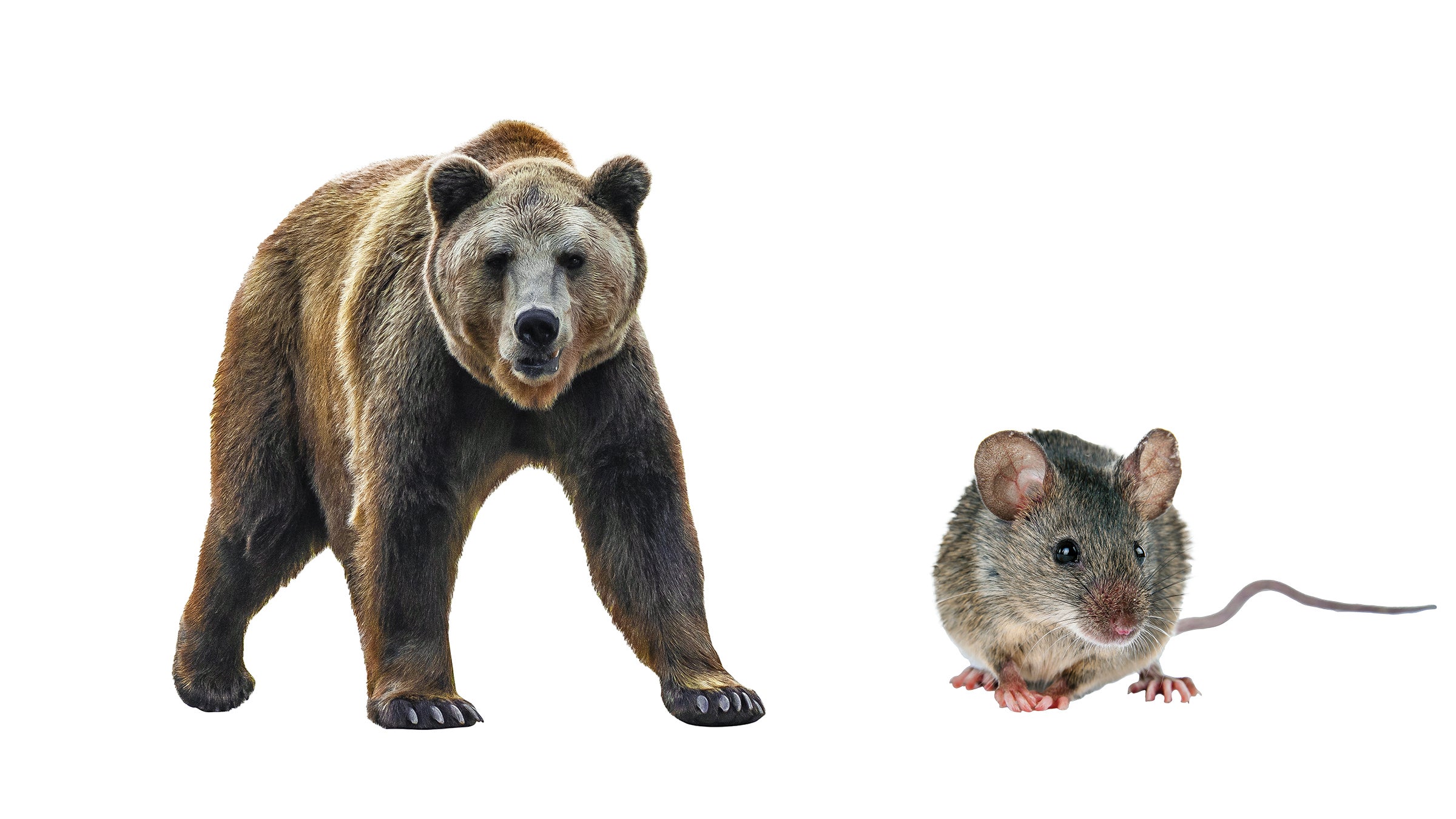Backpackers Usually Fear the Wrong Things

(Photo: yevgeniy11 / astfurianec / stock. adobe.com)
You’re probably worried about: Bears
The odds are with you: Bears (of all types) attack just .006 out of every 100,000 annual visitors to public lands in North America. If you do encounter one, back away slowly and give it space. The best ways to avoid seeing one? Securely store your food (bear bags, lockers, or canisters, depending on where you are) and make plenty of noise while you hike.
You should be worried about: Forgetting something
Bears are scary, but new campers are actually their own worst enemies. Ensuring you remembered everything on your packing list is the most direct route to a good time. You can’t easily filter water without a water filter. (Scroll down to the section titled “Giardia” for a primer on what happens next.)
You’re probably worried about: Bears
Still with the bears, huh? Here’s another stat: You are 33 times more likely to get struck by lightning than attacked by Yogi. If you do end up facing one down, bear spray is an effective deterrent.
You should be worried about: Rodents
Mice are crafty, quiet—and pretty much everywhere. They’ll chew a hole in your tent to get that single crumb in the bottom of your pack. Feeling unlucky? They’re also carriers of hantavirus, which can, on occasion, cause serious respiratory issues (a 2012 outbreak sickened at least 10 people at Yosemite’s Curry Village, killing 3). Check your camp for food and securely store everything that smells better than you do.
You’re probably worried about: Stranger danger
Alleged AT machete murderer James Jordan is a generational event; the woods are safer than the drive to them. But if a sketchball does bother you, leave the area. If you feel physically threatened, go on the offensive, targeting the soft parts. (Still carrying your bear spray from that last tip? It works as well on a person as it does on a griz.)
You should be worried about: Injury
Hiking alone means bearing all the risk of injury—and all the time waiting for rescue. Bone up on first-aid and make sure your med kit goes beyond Band-Aids to include athletic tape, alcohol prep pads, and pain relievers.
You’re probably worried about: Being cold
Seems obvious to worry about the cold. But the chill is easily managed with gear, food, and pacing. And if you start to blueline, you can always dive into your tent and sleeping bag.
You should be worried about: Being hot
Don’t let fear of the cold convince you to overdress. If you get too warm, your body will produce sweat, and when that sweat starts to cool it sets you on the fastest route to a cold core. If you are sweaty as you approach camp, moderate your pace and layers so you can arrive dry.
You’re probably worried about: Your schedule
On a long hike? It’s normal to feel like you’re racing the clock. Most thru-hikers feel pressure to finish before snow effectively shuts down the trail (typically early-to-mid October). But rushing exposes you to stress injury, exhaustion, and illness. Always remember: The trail isn’t going anywhere.
You should be worried about: Giardia
One million Americans contract these, er, explosive intestinal troubles every year from drinking tainted water—and we’re willing to bet thru-hikers are overrepresented in that group. Further complicating things are widely-shared recent studies suggesting that most streams are uncontaminated. You’ll be tempted to drink wild water, but choose carefully: Where there are people, there’s waste. A bad bout of giardia can put you down for two weeks, which can set you back or torpedo your hike all together.